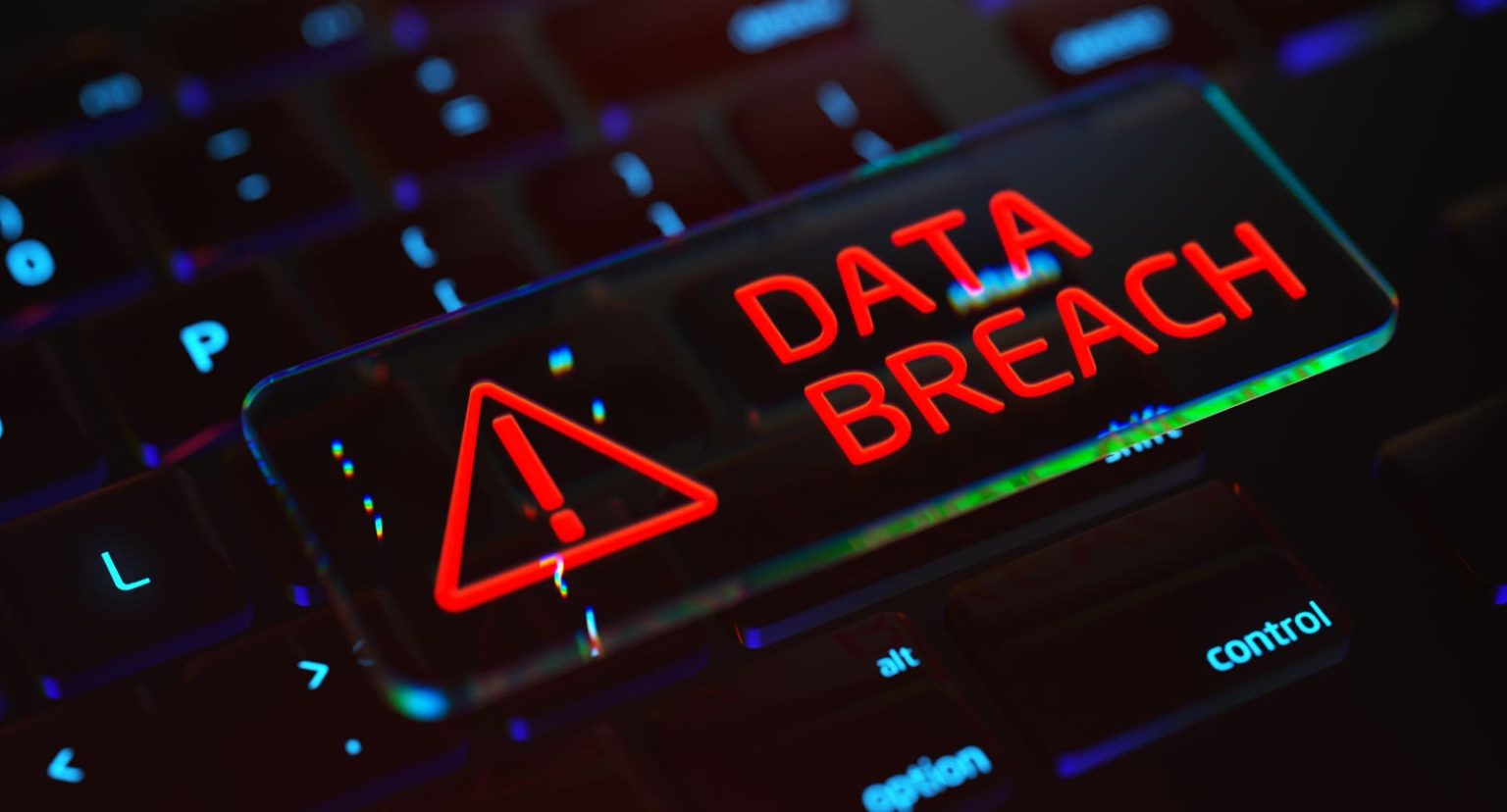Ascension Healthcare Data Breach Exposes Millions to Identity Theft Risks
Ascension Healthcare, a prominent healthcare provider operating 140 hospitals and 40 senior care facilities across the nation, recently disclosed a significant data breach impacting nearly 5.6 million patients and employees. The breach, originating in May 2024 and discovered in December of the same year, exposed a vast trove of sensitive personal and medical information, raising serious concerns about potential identity theft and fraud. The incident highlights the persistent vulnerabilities within the healthcare sector, a prime target for cybercriminals due to the wealth of valuable data held within their systems.
The attack was executed through a sophisticated social engineering campaign, where a ransomware gang successfully tricked an Ascension employee into downloading malware. This malicious software granted the hackers access to sensitive data, including medical records, payment information, insurance details, government identification numbers, and other personal identifiers. While Ascension assures that the core electronic health records (EHR) systems containing complete patient records remained uncompromised, the breadth of the exposed data poses substantial risks to affected individuals.
The stolen information provides a wealth of opportunities for scammers and identity thieves. The data ranges from medical record numbers and dates of service to credit card details, bank account numbers, and Social Security numbers. This type of information is highly sought after on the dark web, an unregulated corner of the internet where criminals trade in stolen data. Health insurance information, in particular, commands a hefty price, enabling fraudsters to access medical services under assumed identities, potentially corrupting legitimate patient records with inaccurate or fraudulent information.
Ascension has initiated the process of notifying affected individuals, offering two years of identity theft protection services, including dark web monitoring. While this step is crucial, it only represents the beginning of a lengthy and complex process for victims to reclaim control over their compromised information. The fallout from this breach underscores the critical need for enhanced cybersecurity measures within the healthcare industry and emphasizes the importance of individual vigilance in protecting personal data.
The incident serves as a stark reminder of the escalating threat of data breaches within the healthcare sector. The combination of readily exploitable vulnerabilities and the high value of patient data makes healthcare organizations particularly attractive targets for cyberattacks. This breach also highlights the vulnerability of individuals to sophisticated social engineering tactics. Employees, trained to be helpful and responsive, can unknowingly become the gateway for attackers to infiltrate systems. Therefore, robust cybersecurity training is essential to equip employees with the awareness and skills to recognize and avoid such threats.
Victims of the Ascension data breach are urged to take immediate action to protect themselves from potential identity theft and fraud. Freezing credit reports at all three major credit bureaus (Equifax, TransUnion, and Experian) is the most effective way to prevent unauthorized access to credit. Regularly monitoring credit reports, scrutinizing Explanation of Benefits (EOB) statements from health insurers, and exercising caution when interacting with unsolicited communications are essential steps to identifying and mitigating potential identity theft. Furthermore, individuals should be wary of providing their Social Security number unless absolutely necessary, offering alternative forms of identification whenever possible.
The Ascension data breach, while a significant incident, sadly reflects a larger trend of increasing cyberattacks targeting the healthcare industry. The consequences of these breaches can extend far beyond financial losses, potentially impacting the integrity of medical records and compromising patient safety. This incident underscores the urgent need for stronger cybersecurity measures and greater individual awareness to safeguard sensitive personal information in an increasingly interconnected world. While identity theft protection services are a valuable resource, they are not a panacea. Proactive measures, such as credit freezes, credit monitoring, and cautious sharing of personal information, remain the most effective defense against the pervasive threat of identity theft. The responsibility for protecting personal data ultimately rests on both individuals and the organizations that collect and store this information.












